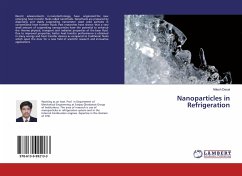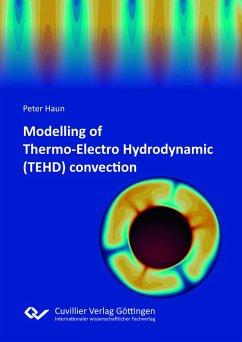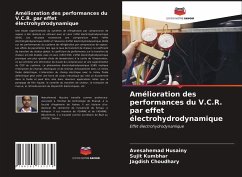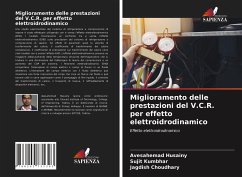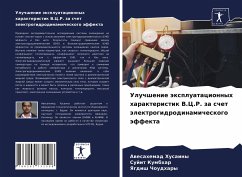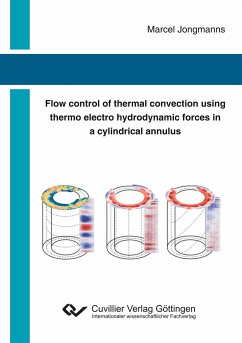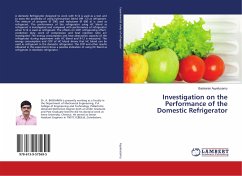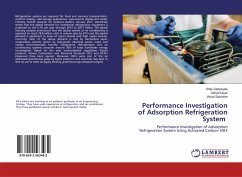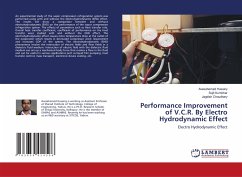
Performance Improvement of V.C.R. By Electro Hydrodynamic Effect
Electro Hydrodynamic Effect
Versandkostenfrei!
Versandfertig in 1-2 Wochen
26,99 €
inkl. MwSt.

PAYBACK Punkte
13 °P sammeln!
An experimental study of the vapor compression refrigeration system was performed using with and without the electrohydrodynamic (EHD) effect. The results will show a comparison between and without electrohydrodynamic (EHD) on the performance of the vapor compression refrigeration system. The effects of parameters such as Heat transfer rate, Overall heat transfer coefficient, coefficient of performance on the heat transfer were studied with and without the EHD effect. The electrohydrodynamic effect causes more temperature drop at the outlet of the evaporator which results in decreased compress...
An experimental study of the vapor compression refrigeration system was performed using with and without the electrohydrodynamic (EHD) effect. The results will show a comparison between and without electrohydrodynamic (EHD) on the performance of the vapor compression refrigeration system. The effects of parameters such as Heat transfer rate, Overall heat transfer coefficient, coefficient of performance on the heat transfer were studied with and without the EHD effect. The electrohydrodynamic effect causes more temperature drop at the outlet of the evaporator which results in decreased compressor work requirement and increases COP of the system. The electrohydrodynamic (EHD) phenomena involve the interaction of electric fields and flow fields in a dielectric fluid medium. Interaction of electric field with the dielectric fluid medium can set up a mechanical body force that creates a flow in the fluid and can be useful in various applications such as liquid film pumping, heat transfer control, mass transport, electronic device cooling, etc.




